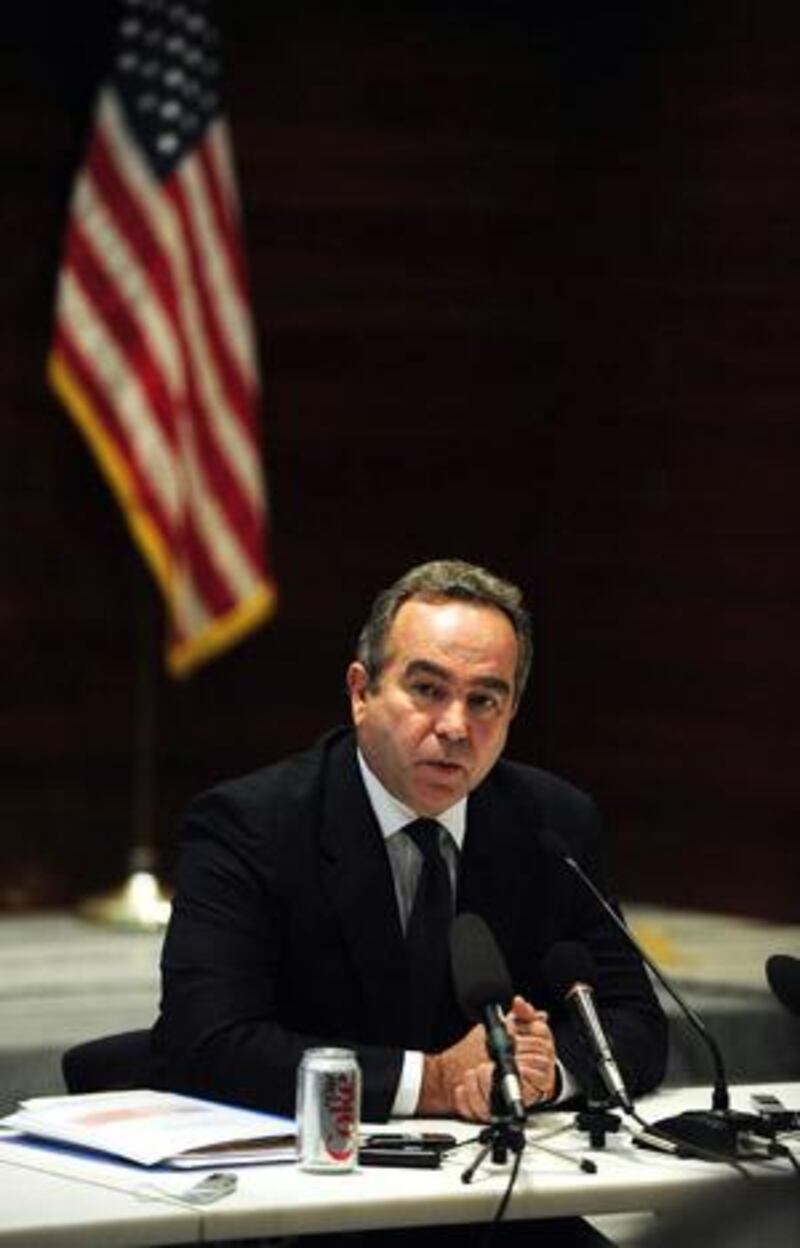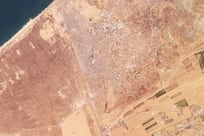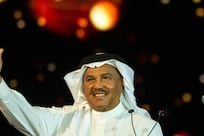BANGKOK // Two top-level US envoys arrived in Yangon yesterday for the start of a three-day "fact-finding mission". They will meet the detained opposition leader, Aung San Suu Kyi, but are not expected to meet the country's military leader, Gen Than Shwe. The trip is seen by diplomats in the region as another step in Washington's offer of talks with the military leaders, who for the past decade they have effectively shunned. Some analysts believe this may even lead to Ms Suu Kyi being freed before elections next year.
"It's the most important development in years and shows that dialogue is now really under way - though it is likely to be a long, drawn-out process," David Steinberg, a professor at Georgetown University in the United States, said in an interview. The assistant secretary of state for East Asia, Kurt Campbell, and his deputy Scot Marciel, the US ambassador to Asean, will spend two full days in Myanmar, formerly known as Burma. The pair are scheduled to meet the prime minister, Gen Thein Sein, and other government ministers today, according to military officials.
Tomorrow, the two will meet Ms Suu Kyi in her residence, where she is serving a further 18 months under house arrest after recently being convicted of breaching security when an uninvited visitor swam across the lake behind her house and spent two days there. "The talks are likely to centre on sanctions and next year's planned elections," Mr Steinberg said. "My fear though is that Than Shwe's reaction may be to say that the 2010 election is the regime's response to the US, which is awaiting some major positive change in the regime before much can happen."
The venue of the meeting is significant, analysts and diplomats in Yangon say. Over the past few years, Ms Suu Kyi has only been allowed to meet visitors in the State Guesthouse, including the UN envoy to Myanmar, Ibrahim Gambari, and more recently a handful of diplomats based in Yangon who have been given permission to see her. "By agreeing to allow the Americans to meet Daw Aung San Suu Kyi in her home, the junta is acknowledging her political status as a leader," an opposition spokesman in Thailand, Zin Linn, said. "But they may just be testing her - to see if she really means to help the generals get sanctions eased as she said in her letter to Than Shwe some months ago."
If the government believes Ms Suu Kyi has softened her attitude towards the authorities, and "if she continues to take a good attitude, then it is possible there will be a relaxation of the measures on her", a Japanese spokesman, Kazuo Kodama, told journalists in the southern Thai sea resort of Hua Hin, after Gen Sein briefed the Asean meeting of Asian leaders, including China and Japan, 10 days ago. But the US visitors will not meet the country's top military leader, Gen Shwe, who left yesterday to inspect the Irrawaddy Delta, which was devastated by Cyclone Nargis 18 months ago, to avoid meeting the senior US diplomats, according to informed sources in Yangon.
"Than Shwe doesn't want to see the US delegation as he doesn't want to make any significant concessions at the moment, even though he wants to get the US to lift sanctions," said Win Min, a Myanmar scholar based at Chiang Mai University in Thailand. In any case, a meeting with Than Shwe at this stage might not be crucial to the outcome of the mission. "Than Shwe can wait," Justin Wintle, the British biographer of Ms Suu Kyi, said. "What Aung San Suu Kyi will say on sanctions is crucial, as her influence on US policy is extremely important."
What is essential, according to the former British ambassador to Thailand and Vietnam, Derek Tonkin, is that the envoys achieve their main task: "To establish parameters for future visits looking to 2010 and beyond, and above all, identify and establish a relationship with a high-level interlocutor on the Burmese side." Mr Campbell is the highest ranking US official to visit Myanmar since Madeleine Albright visited in 1995 when she was the US ambassador to the UN. During that trip she met Ms Suu Kyi at the opposition leader's home in Yangon just months after she had been released from house arrest for the first time.
The visit of Messrs Campbell and Marciel was made possible after the US secretary of state, Hillary Clinton, announced a policy shift on Myanmar a few months ago. At a UN Security Council meeting, Mrs Clinton said sanctions against the junta had failed, and the US intended to supplement sanctions with dialogue. But as Mr Campbell told Congress recently, dialogue is not an end in itself. "Relations with the United States can only be improved in a step-by-step process if the Burmese government takes meaningful actions that address our core concerns.
Mr Tonkin said: "What we hope is that this could be the start of a dialogue process - that would involve the US, the Myanmar government and the pro-democracy opposition." @Email:foreign.desk@thenational.ae





